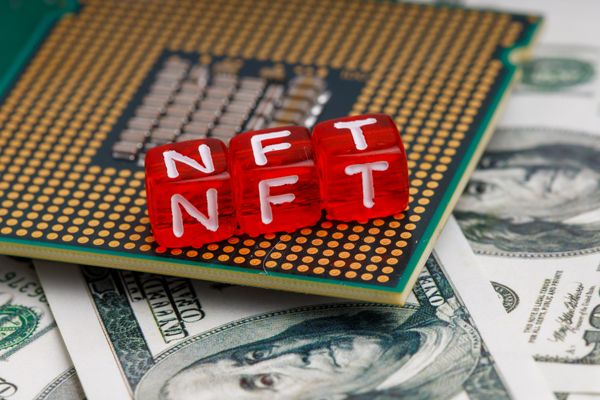FBI Warns of Rising NFT Scams Targeting Cryptocurrency and Digital Assets

The Federal Bureau of Investigation (FBI) has issued a public service announcement warning of a surge in scams targeting Non-Fungible Token (NFT) enthusiasts.
According to the bureau, scam artists posing as legitimate NFT developers are defrauding individuals, stealing their cryptocurrency and NFT assets.
The sophisticated attacks often involve perpetrators gaining access to social media accounts belonging to actual NFT developers.
If they can’t do that, they create nearly identical, convincing fake accounts to promote "exclusive" NFT releases, mimicking legitimate offers and employing deceitful tactics like "stealth drops."
Tactics and Techniques
The criminals' methods are compelling, as they create rogue accounts on platforms like X, often buying followers to closely match the followings of the legitimate accounts they're impersonating—these tricks give criminals a perfect lure for their targets, combined with too-good-to-be-true offers.
These fake profiles typically share links resembling legitimate ones, leading victims to phishing websites that closely mirror their authentic counterparts.
Once victims connect their wallets to the site, a seemingly harmless action, they may unwittingly sign a transaction that initiates a smart contract, allowing the scammers to drain their crypto assets and NFTs.
After stealing the assets, the perpetrators often use crypto mixers and exchanges to hide their tracks, making it difficult for authorities to trace the stolen funds.
FBI's Recommendations
To protect individuals from such fraud, the FBI has issued several recommendations, including:
- Authenticity Verification: Carefully verify the authenticity of the NFT project's account. Look for red flags like spelling errors, account history inconsistencies, follower count discrepancies, or any variations in promoted websites.
- Clone Checks: Ensure that the account is not a clone of the legitimate project.
- Research Past Activity: Verify if the project has previously released surprise "mints" or if any such announcements have been discussed or hinted at.
- Website Verification: Check if the website you're visiting is not a clone of a legitimate one. Look for spelling errors in the domain name, unnecessary characters in the URL, or broken links on the main page.
- Be Skeptical: Remember, if an opportunity sounds too good to be true, it probably is.
These recommendations serve as crucial guidelines for NFT enthusiasts who wish to safeguard themselves from crypto scams and fraud in the digital asset space.
Conclusion
The rise of NFTs has brought new opportunities for innovation and investment, but it has also attracted criminals looking to exploit the enthusiasm around this burgeoning technology.
By staying vigilant and following the FBI guidelines, individuals can continue to explore the NFT space with reduced risk.
Specialized software like Bitdefender Ultimate Security can help you dodge crypto scams, sketchy websites, phishing attempts, and other cyberthreats, with features like:
- Anti-phishing module that identifies and blocks sites that pose as legitimate ones to steal your funds, crypto assets and data
- Anti-fraud technology that notifies you of potential website scams
- Web attack prevention module that detects whether search results are safe to access before you open them and blocks all known infected links
tags
Author

Vlad's love for technology and writing created rich soil for his interest in cybersecurity to sprout into a full-on passion. Before becoming a Security Analyst, he covered tech and security topics.
View all postsRight now Top posts
Few People Consider Themselves a Target for Cybercriminals, Bitdefender Study Shows
July 10, 2024
Uncovering IoT Vulnerabilities: Highlights from the Bitdefender - Netgear 2024 Threat Report
June 26, 2024
FOLLOW US ON SOCIAL MEDIA
You might also like
Bookmarks








